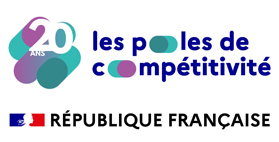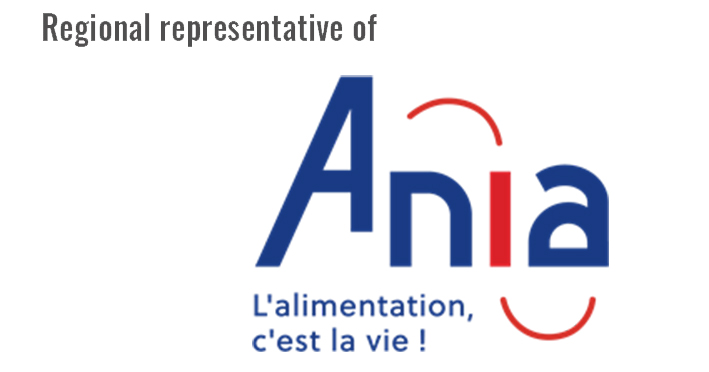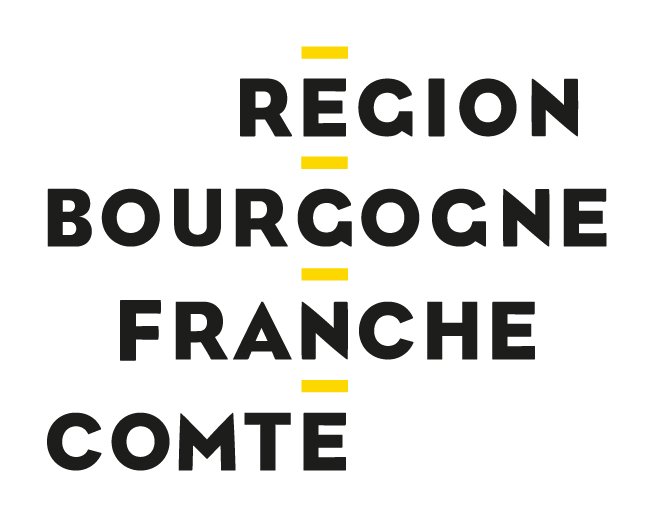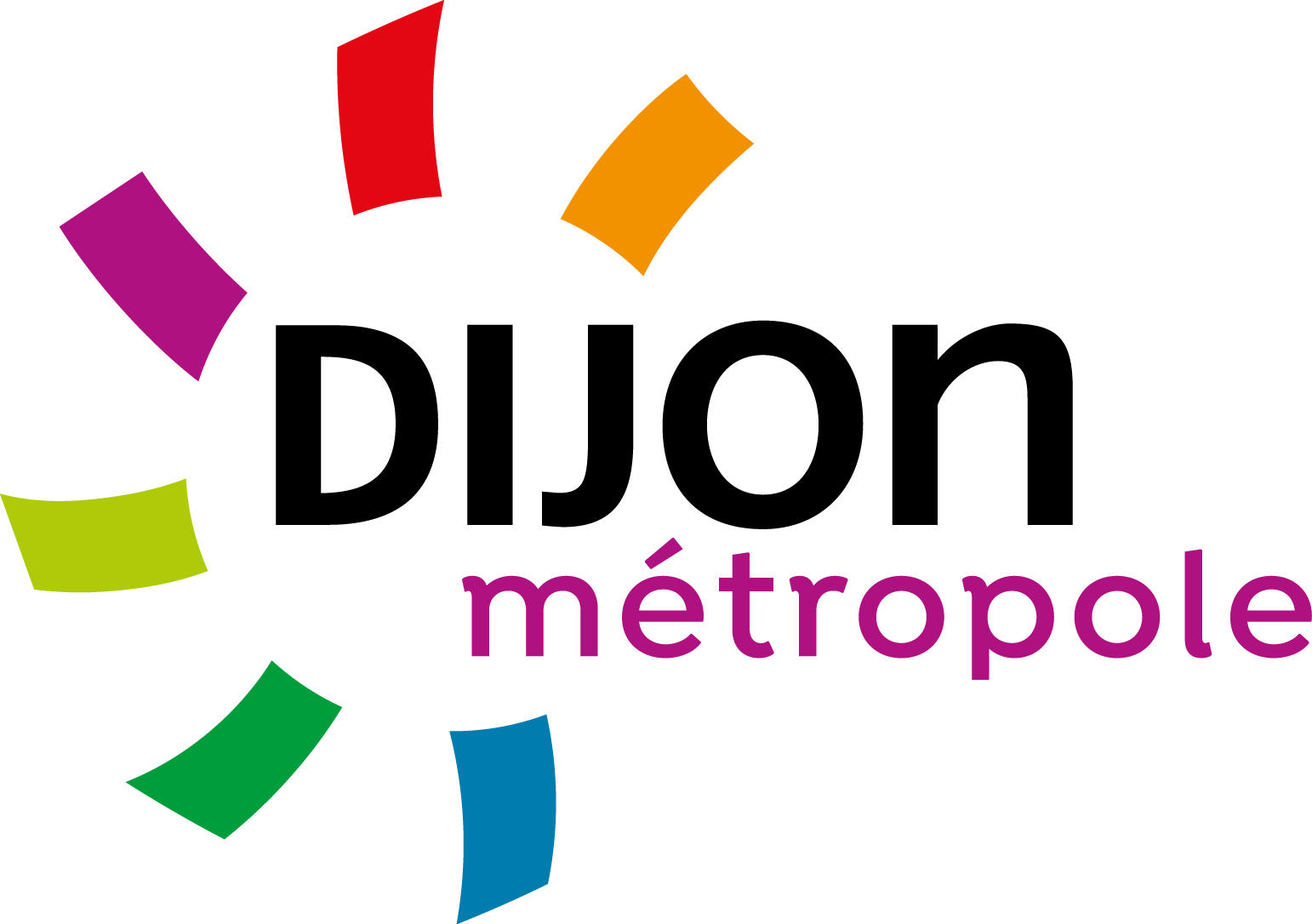30 March 2021
Project update for March 2021

News of Vitagora's accredited projects
FOODSAFEBIOPACK - Towards safer food contact materials
In the context of increasing demands for bio-sourced, recyclable or biodegradeable food packaging, cellulose fibres appear as a viable solution from a technical and economic viewpoint. However, frequent contamination of foods by mineral oils from recycled paper or cardboard packaging (contact or non-contact) is an obstacle to the use of the material. The current limits to detection of aromatic compounds as well as a lack of harmonised legislation on a European level is preventing an efficient management of the risks.
The FOODSAFEBIOPACK project aims to:
- Explore options and mechanisms of transfer between packaging materials and dry or oily foods from a nanometric scale to that of the packaged food product
- Develop new rapid tests with controlled conditions of air circulation, temperature and humidity
- Explore new direct detection techniques of contaminants on material surfaces and on foods using RAMAN microspectroscopy
- Obtain calculation rules for the rapid evalution of contamination risks and for the safe design of systems based on recycled fibres, taking into account the microstructure of materials, their design, their usage and the food to be packaged
- Propose corrective actions for cellulose microfibres (CMF) as a multi-use functional barrier for primary and secondary packaging.
The results obtained will be used to guide changes to European regulations on food contact materials in particular regarding best practices and harmonised predictive tools covering materials from plastics (tools already developed by INRAE) to cellulose-based materials. The research program will provide a basis for evaluating consumer exposure to mineral oils via recycled paper and cardboard. FOODSAFEBIOPACK will thus provide a preparatory structure for the substitution of single-use plastics by a more diverse and sustainable alternative, in which cellulose-based materials play an important role
This project, accredited by the clusters Vitagora and Axelera, is funded by France's national research agency (ANR) with a budget of €746,000. It brings together 4 partners within a 4-year program: Paris-Saclay Food and Bioproduct Engineering Research Unit (UMR 782 SayFood, project leader), Laboratoire Sols, Solides, Structures, Risques (UMR 5521 3SR), Laboratoire National de métrologie et d’Essai and Centre technique du papier.
CLEVER - Clean label emulsions based on food by-products
The reduction of food waste is a major challenge for the sustainability of the food sector, especially regarding the recycling of byproducts, which represent an important source of renewable primary materials.
A possible sustainable use of these byproducts is as stablising agents in emulsions, without needing additional processing steps such as fractioning, purification or chemical modification. Emulsions obtained from this recycling will mostly involve stabilisation using solid particles (called Pickering emulsions), thus avoiding the use of surfectants. The goal of the CLEVER project (Clean-Label Emulsions: Valorizing food by- products & mastERing the products quality) is to evaluate the potential of powders made from plant-based byproducts as a renewable source of non-purified, fractioned or modified ingredients, thus able to create "clean label" emulsions.
The CLEVER project mainly aims to:
- Screen sources of plant byproducts to identify those with high potential
- Understand and prioritise the stabilisation mechanisms of emulsions using powders made from these byproducts
- Develop predictive models of the impact of formulation and processing on the quality of the end product, in order to obtain the desired properties
- Evaluate the sensory characteristics of these emulsions using a panel of experts, and better understand the criteria of acceptability of these new products by consumers
The potential markets are varied within the food, cosmetics or other bioproduct industries. Indeed, emulsions are used in a wide variety of applications (soups, sauces, dairy products, cosmetics creams, paints etc.).
This project, accredited by the clusters Vitagora and Axelera, is funded by France's national research agency (ANR) for a 4-year program. The project's partners are UMR Sayfood (project leader) and the company JRS Rettenmaier.
FORTIPHY - Diet and expercise to fight against elderly malnutrition
A frequent consequance of ageing is a reduction in appetite, leading to a lowering of both food intake and the variety of food choices. This can often lead to malnutrition.
Elderly malnutrition is a recognised pathology related to age, and can have significant negative impacts on the health and wellbeing of the elderly person. It affects a large proportion of the elderly population, in particular fragile or dependant elderly, whether they live at home, in sheltered accommodation or in hospital. Among the "food-dependant" elderly population (needing in-home assistance, meal delivery or living in a retirement home), 7 to 8 out of every 10 people do not eat enough to cover their nutritional needs.
In order to prevent malnutrition and to allow the elderly with reduced appetites to cover their nutritional needs, it is essential to develop a food offer adapted in terms of:
- Nutritional profile: portions must guarantee an adequate nutritional level adapted to the needs of the elderly consumer, especially in terms of calories and protein. The size of the portions must also be adapted to an elderly person's reduced appetite.
- Sensory characteristics: the sensory profile of foods (appearance, texture, taste, aroma) must also be adapted to the habits and preferences of elderly eaters. They must therefore take into account their oral capabilities (mastication, salivation, deglutition…) as well as their sensory levels (olfactive and gustory sensitivity…)
Finally, eating well is not the only solution for ageing well. Physical activity is also a requisite. A good diet must also be accompanied by an adequate level of physical activity adapted to the capacity of the elderly person.
The goal of the FORTIPHY project is thus to develop new solutions allowing the elderly to enrich their meals as well as evaluating their complementary physical activity. The project aims to:
- Design and develop new recipes for calorie and protein enriched meals, without increasing portion size. These recipes will be evaluated in terms of bioavailability and acceptability.
- Design and develop new physical activity programs adapted to the capabilities and environment of the elderly
- Evaluate the effectiveness of an enriched diet combined with the practice of physical activity in preventing malnutrition
- Launch a summer school for food manufacturers to promote the development of enriched ingredients and foods for the senior market
To do so, the project brings together expertise in nutrition, food technology, sensory evaluation and food behaviour. The FORTIPHY project is an example of participative sciences: the elderly and their support workers will take part in co-creation sessions, in order to ensure the relevance to the targeted populations of the solutions developed by the project.
The project is lead by CSGA, with the involvement of CHU de Dijon, Nofima AS (Norway),University of Reading (UK), and Vrije Universiteit Brussel (Belgium), and will last 3 years.
Find out more
Press contact:
Marthe Jewell, marthe.jewell@vitagora.com,
Tel.: +33 (0)3 80 78 97 92, Mob.: +33 (0)6 60 65 87 16




 Home
Home
















